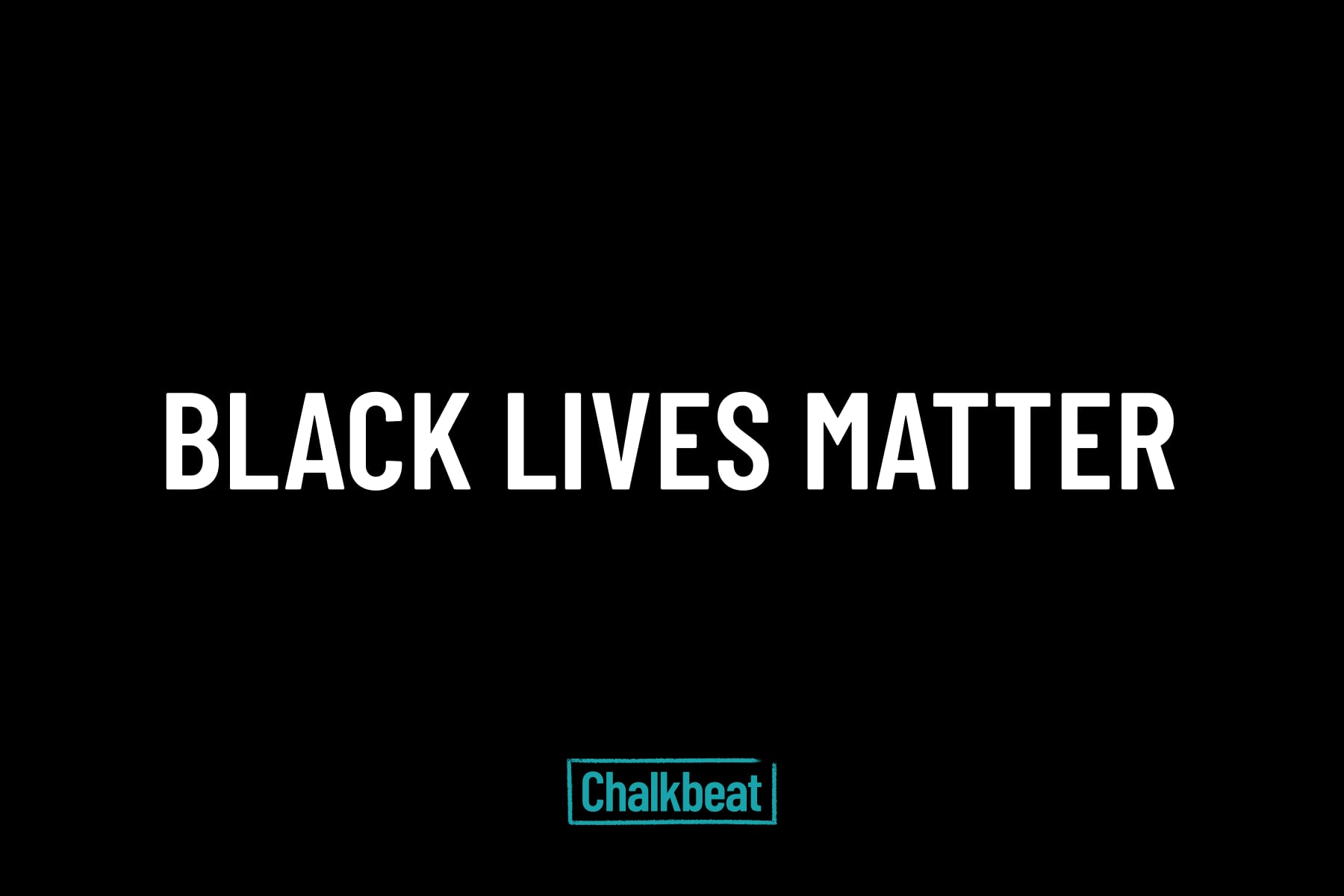Dear Readers,
A year ago, we announced that Chalkbeat was embracing antiracism as a core value. Today, I want to share what that commitment has meant for our work and our team.
Amid intensifying racial conflict — a white supremacist-fueled insurrection in Washington, murders of Asian Americans, and activism for racial justice that continues to spur defensive reaction — we leaned into a simple tool: listening.
Last June, we asked young people how they were reacting to protests against racial injustice and shared their answers of hope, determination, cynicism, stress, and inspiration. This April, we asked Asian Americans how they were making sense of a year of violent words and attacks, and published their words of fear, pride, rage, resolve, and alienation. As our editor-in-chief Nicole Avery Nichols shared in a personal reflection that same day, stories from real people, especially young people, can be healing.
That sense of possibility, of clearing a way through the raging fire, came when we gathered readers together, as well. In July 2020, we brought together Detroit students to speak about race and activism. In December, our Tennessee bureau created a platform to discuss how schools can foster meaningful conversations in the wake of the election. Following January’s Capitol insurrection, we hosted a student-moderated conversation for high schoolers to reflect on the violence. And in March, Chalkbeat Colorado organized a student-led conversation about mental health and racial injustice.
Within our organization, we worked hard to build racial diversity across all levels of Chalkbeat’s team, design equitable supports for staff members, and foster a sense of belonging. We are proud that this work has paid off in an increasingly diverse team, both staff-wide and among our leaders. Both our leadership team and our board are now comprised of at least 50% people of color, significant increases from when we launched Chalkbeat in 2013.
We have more work to do. We invite you to read Chalkbeat’s statement on diversity, equity, inclusion, and belonging here to learn more about what we value, the progress we’ve made thus far, and what we plan to do next. It’s important to us that we make our commitment public and our actions transparent, so we can hold ourselves accountable to each other and to the communities we serve. We’ll also be publishing a DEIB dashboard later this summer, with key strategies and performance indicators to track our progress.
I ended last year’s letter with gratitude, and I’ll do the same now. I want to thank Jennifer Bramble, our Chief People Officer, for leading us to make an abstract commitment concrete. I’m grateful to Chalkbeat’s DEIB Action Force, a group of staff members who have been convening regularly to make sure we are living our values and meeting our goals. Thank you to the leaders of our recently formed Employee Resource Groups for making space for team members with common interests and shared identities to connect. And as always, I’m so grateful to our readers, especially the many students who have shared their lives with us over the past year. Thank you for trusting us with your stories.
Elizabeth
Got questions or feedback about this letter? We’d love to hear from you — send an email to community@chalkbeat.org.






